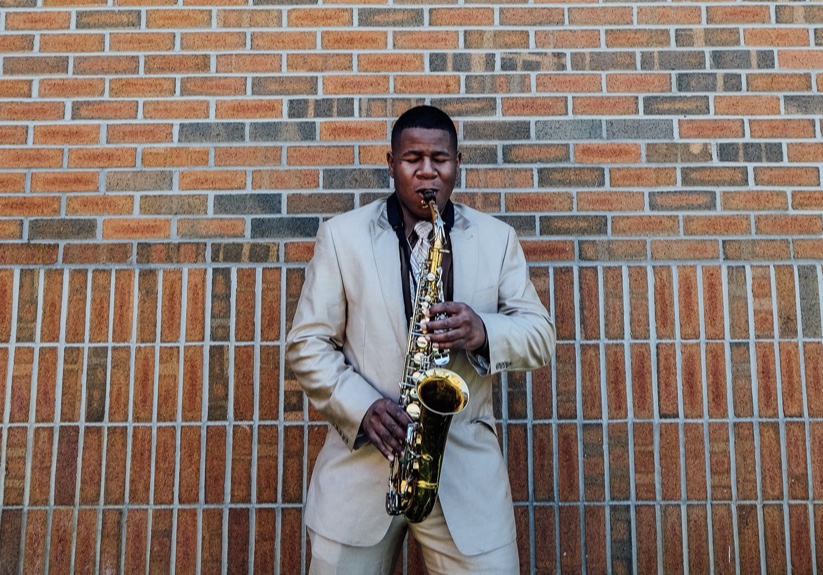More Than Just a Simple Rhythm: How Music Impacts Your Mental Well-Being

When your favorite jam comes over the airwaves, you can’t help but smile and maybe sing along. This truth holds even when your day started with spilled coffee and ended with a stern lecture from your boss.
Music is much more than a simple rhythm. It has the power to transform moods and improve your mental well-being. Here are 10 reasons why you should dance to the beat.
1. Music Is Therapeutic
If you work with a professional counselor, they may recommend music therapy. According to The American Music Therapy Association, this treatment modality involves the clinical and evidence-based use of harmonic interventions to accomplish individual goals. In plain English, your therapist uses songs to help you process emotions and heal.
While it sounds new-age, music therapy dates back to the late 1700s. The American Music Therapy Association was founded in 1998, uniting professionals and patients who benefit from this treatment’s use.
2. Music Eases Anxiety
Excess, unrelenting stress can lead to the development of anxiety disorders such as complex PTSD. Women suffer from general anxiety disorders, panic attacks and phobias at twice the rate of their male peers.
With COVID-19, rates of anxiety disorders continue to soar. Unfortunately, millions of Americans recently lost their health insurance coverage during the pandemic, and scores more lacked access before the crisis began. While seeking professional treatment may remain out of financial reach for many, nearly everyone has access to uplifting tunes.
3. Music Alleviates Depression
If you ever felt your blue mood lift when you heard the right jam, science confirms the efficacy of the beats on your mental state. Music can ease depressive symptoms — but your choice of tunes matters.
For a musical intervention to work, you need to recognize how your song selections affect you. People with severe mental health disorders may find they are less able to focus on intentional listening. These folks should seek professional therapists whenever possible.
4. Music Gets Your Blood Flowing
If you’re like many, a slick bassline sets your body in motion. Even if you only tap your feet or bob your head, you instinctively begin moving with the rhythm. This activity increases your exercise quotient for the day while getting the blood flowing to your brain.
Multiple studies indicate that physical activity stimulates the release of endorphins. These natural feel-good chemicals decrease pain and cause joy. If an aching back has you in the dumps, try dancing like nobody’s watching and see if you don’t feel better.
5. Music Helps You Interpret Others’ Moods
Does the behavior of others sometimes leave you baffled? Jamming out might help you interpret whether your colleague meant that comment in jest or sincerely. According to a 2009 study, participants could better interpret facial expressions as happy or sad after hearing a short piece of music. This recognition improved most markedly when it came to neutral visages.
6. Music Increases Empathy
Since music can help you correctly identify others’ feelings, it makes sense that tuning in helps you build empathy. When you think about the topics lyricists frequently croon, few have to do with expense reports. It’s all about emotion.
You can use this principle to learn more about the folks you associate with daily. Asking them what their favorite song is can provide insight into their mental state. If your typically upbeat co-worker replies with a death-metal jam, they may genuinely enjoy the genre — or perhaps they feel irritable.
7. Music Distracts You From Unpleasantness
If you’re a long-distance runner, you probably cling to your headphones as tightly as your favorite sneakers. Why? Music masks some of the pain associated with strenuous physical effort.
You can test this principle next time you get stuck in traffic. Interrupt your cussing and beeping to lose yourself in an upbeat tune. You’ll likely feel less irritated by the time you start moving again.
8. Music Improves Your Reasoning Skills
A recent study published in the Journal of Neuroscience reveals that structured music lessons boost kids’ cognitive abilities. Participants performed better in language-based reasoning, planning, short-term memory and inhibition after taking these classes.
Unfortunately, many schools have ditched formal music instruction in favor of standardized testing drills. Hopefully, this research, combined with future studies, will prompt more administrators to bring the arts back.
9. Music Boosts Your Creativity
Have you ever felt inspired after listening to a song? You can see how music boosts creativity firsthand every time you watch a movie and the score helps bring you into the action.
Science now helps to disprove the clichéd link between creativity and mental illness. Those who participate in the arts daily by doing things like making collages tend to be more open-minded and optimistic. They also enjoy improved feelings of self-worth and personal growth.
10. Music Can Help You Sleep
When you find yourself counting sheep, the right music can help you relax. You’ll probably want to stay away from rap, metal or top-40 hits. When it comes time to wind your mind down for the evening, lyric-free is best.
Some researchers believe that experimenting with solfeggio frequencies while you sleep can help do anything from easing chronic pain to alleviating depression. The soothing tones might just help put you under, too.
Bottom Line: Music Is Much More Than a Simple Rhythm — It is Mood and Mental Health Magic
Music is more than a beat and lyrics. It has the power to move your soul and transform your mental state. The next time you need a mood boost, pump up the jams.






